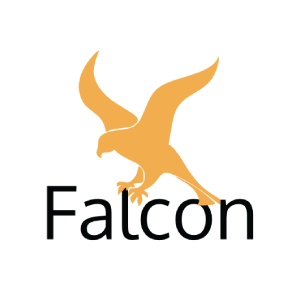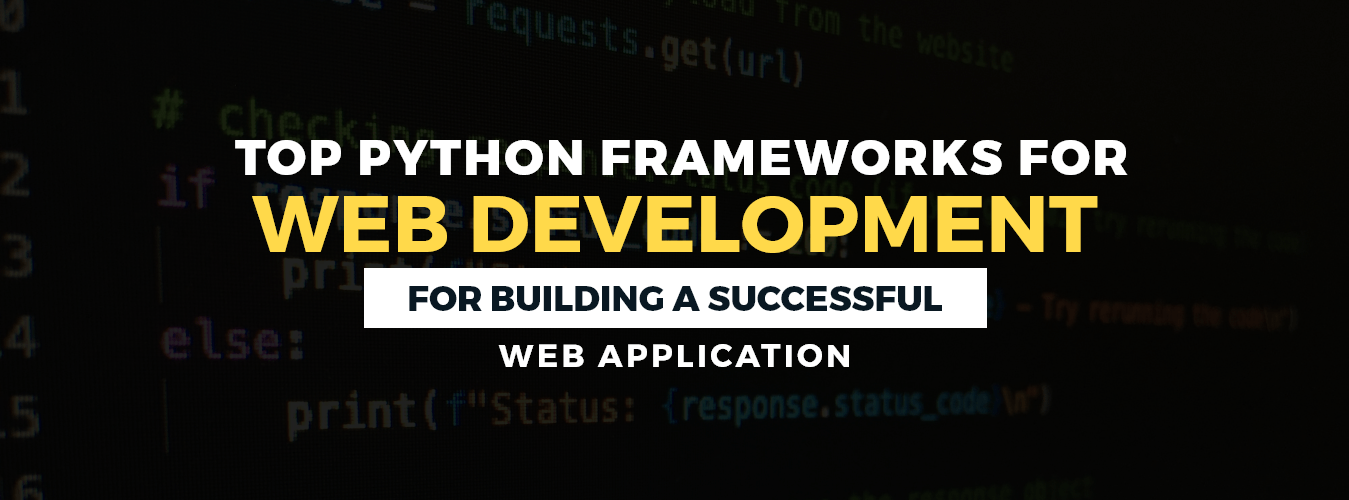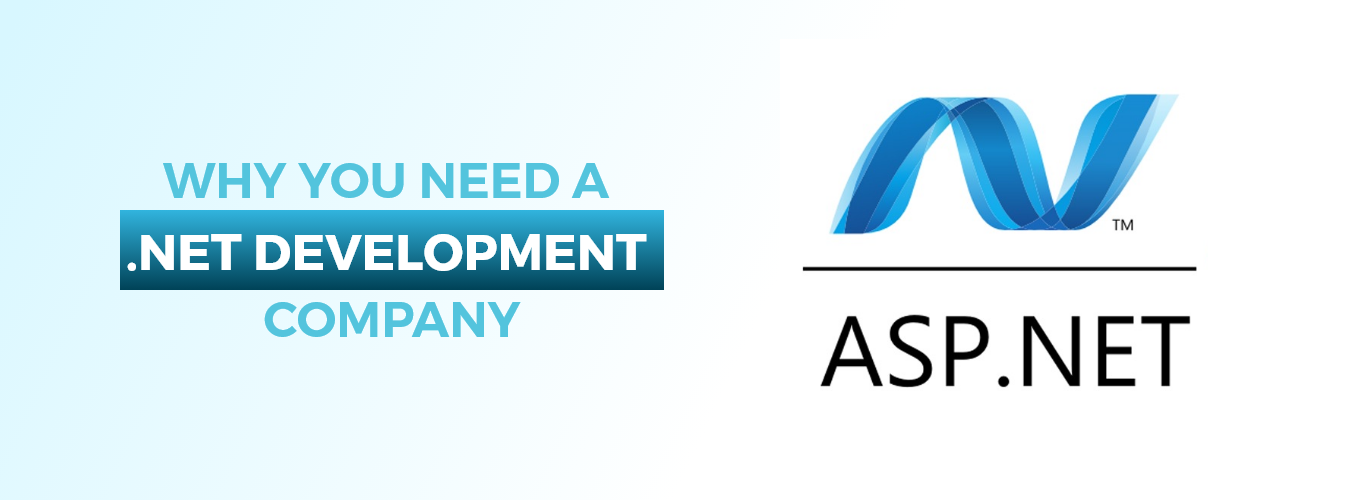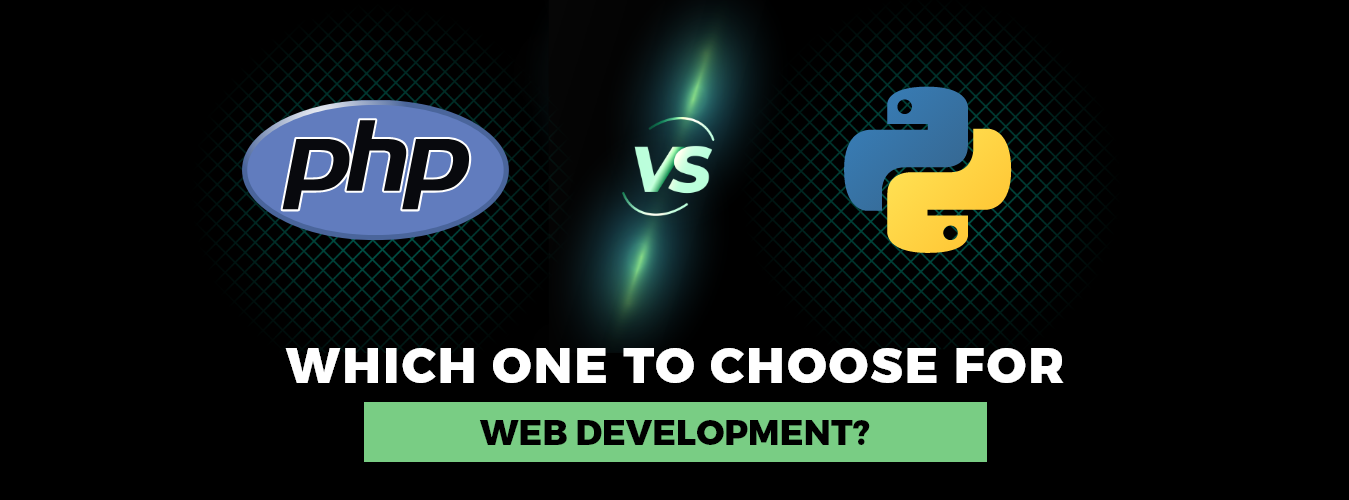There are many Python frameworks available to build successful web applications. The choice of framework depends on the specific requirements of your project. Such as the size and complexity of the application and the performance requirements.
Top Python Frameworks for Web Development
Django
Django is one of the best framework for python for backend development. Django is a high-level web framework for building web applications with Python. It is designed to be a full-stack framework, providing all the necessary components to create a complete web application. Django follows the Model-View-Template (MVT) architectural pattern and provides built-in functionality for handling user authentication, database interactions, and other common web development tasks. With its focus on rapid development and reusability of code. Django helps Top Python Development Company to create complex web applications with minimal code. It is also highly scalable and has been used to build some of the largest websites on the internet.
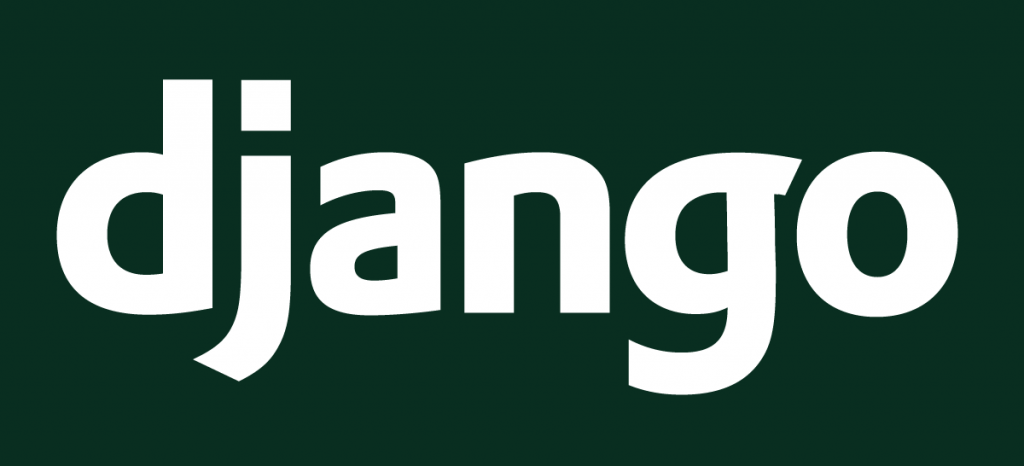
Pyramid
Pyramid is a flexible and open-source web framework for building large and complex web applications with Python. It is designed to be highly configurable, allowing developers to choose the components they need for their specific use case. Pyramid is also designed to be easily extensible, making it simple to add custom functionality to your web applications.
One of the key features of Pyramid is its ability to support both small and large-scale projects. Its minimal setup process makes it easy to build simple web applications. However, as the complexity of your project increases, Pyramid provides the tools and resources to scale your application effectively.
Pyramid also has strong support for security and performance, with built-in tools for handling user authentication and authorization and optimizing your web application’s performance. Its modular design makes it simple to integrate with other technologies and tools, such as databases, templates, and testing frameworks.

Tornado
Tornado is a high-performance web framework for building web applications with real-time features in Python. It was designed specifically for handling long-polling requests, WebSockets, and other real-time data streams, making it an ideal choice for building applications requiring real-time communication and low latency.
Tornado uses non-blocking I/O and an event-driven architecture to handle many concurrent connections, making it highly scalable and efficient. It also supports running multiple processes and servers, making it easy to deploy your web applications across multiple servers for increased performance and reliability.
In addition to its real-time capabilities, Tornado also provides a complete web framework for building web applications, with support for handling HTTP requests, templates, and databases. Its minimalistic design and focus on performance make it a popular choice for building high-performance web applications, particularly for use cases that require real-time communication.

FastAPI
FastAPI is a modern, fast (high-performance) web framework for building APIs with Python 3.6+ based on standard Python-type hints. It allows Top Python Development Companies to define API endpoints using Python-type annotations and takes advantage of the performance benefits of Python 3.6+ to provide fast response times. FastAPI is built on top of Starlette for handling HTTP requests and Pydantic for data validation, making it a powerful and easy-to-use tool for building APIs. In addition, it also has built-in support for handling asynchronous requests, which can improve the performance and scalability of your API. FastAPI has a simple and intuitive API, making it easy to build APIs with Python. It also provides automatic documentation generation and testing tools, making it easier to test and maintain your API. With its focus on performance, ease of use, and modern design. FastAPI is quickly becoming popular for building high-performance and scalable APIs with Python.
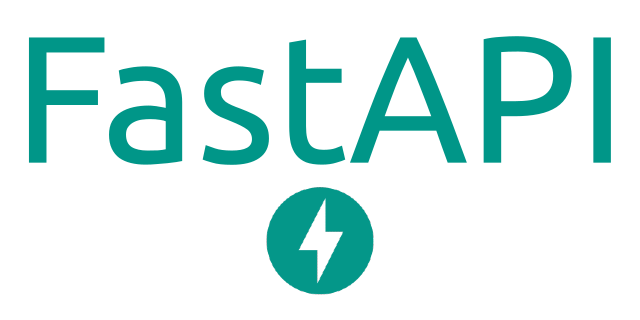
Flask
Flask is another framework for python for backend development. it is a micro web framework for building simple, lightweight, and scalable web applications with Python. It provides a minimal and flexible structure for building web applications, making it easier for developers to start with web development. Unlike Django, Flask does not come with a lot of built-in functionality and leaves a lot of decisions up to the developer, making it more suitable for small to medium-sized projects. Flask uses Python decorators and allows developers to define their routing and handling of HTTP requests. It also has a large and active community, which provides a wealth of extensions and libraries for adding additional functionality to your web applications. Flask is often used for building prototypes, RESTful APIs, and small to medium-sized web applications.

CherryPy
CherryPy is a minimalist web framework for building web applications with Python. It is designed to be a fast, easy-to-use, and flexible framework for building web applications, focusing on being easy to learn and use. CherryPy is built on a modular architecture, allowing developers to use only the components they need for their specific use case. It also provides a clean and simple API for handling HTTP requests, serving HTML pages, and processing form data.
Get Your Own Empowered Web Application Development
contact usOne of the critical features of CherryPy is its ability to run standalone without the need for additional servers. This makes it easy to deploy your web applications and eliminates the need for complicated setup processes. CherryPy is also highly scalable, with support for running multiple processes and handling many concurrent connections. Its design emphasizes performance, reliability, and ease of use, making it a good choice for building web applications.

Falcon
Falcon is a fast and lightweight web framework for building APIs with Python. It is designed to be simple, minimalistic, and fast, making it a good choice for building high-performance and scalable APIs. Falcon is built on a component-based architecture. It allows Top Python Development Companies to use only the components they need for their specific use case. It provides a simple API for handling HTTP requests and responses and includes request parsing, response generation, and error-handling support.
One of the key features of Falcon is its support for building and serving APIs with high performance and low latency. It is optimized for building APIs, with support for synchronous and asynchronous request handling. Falcon provides security support, built-in tools for handling authentication and authorization. And securing your APIs against common threats like SQL injection and cross-site scripting (XSS) attacks. Security makes Falcon a popular choice for building APIs, particularly for use cases that require high performance and safety.
